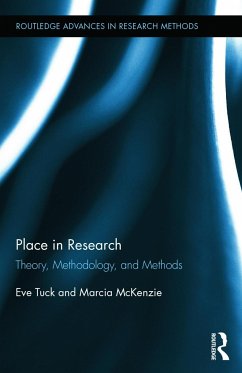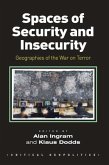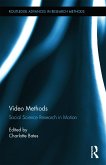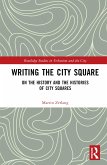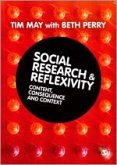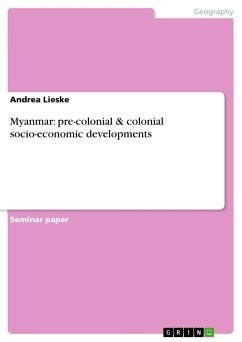Bridging environmental and Indigenous studies and drawing on critical geography, spatial theory, new materialist theory, and decolonizing theory, this volume examines the sometimes overlooked significance of place in social science research. The book explores how researchers come to terms - theoretically and practically - with place in the context of settler colonialism, globalization, and environmental degradation. It outlines a trajectory of critical place inquiry that furthers empirical knowledge, and ethically imagines new possibilities for collaboration and action. Critical place inquiry mobilizes research methods which address place explicitly and politically.
Tuck and McKenzie uncover important areas for further research: work that links materiality to critical questions of environment, economy and society; theorisations of space and place; as well as ongoing theorisation of place in research.
I consider it an invaluable companion text for anyone researching in place.
-Susan Germein,Western Sydney University, Australia
I consider it an invaluable companion text for anyone researching in place.
-Susan Germein,Western Sydney University, Australia
Tuck and McKenzie uncover important areas for further research: work that links materiality to critical questions of environment, economy and society; theorisations of space and place; as well as ongoing theorisation of place in research.
I consider it an invaluable companion text for anyone researching in place.
-Susan Germein,Western Sydney University, Australia
I consider it an invaluable companion text for anyone researching in place.
-Susan Germein,Western Sydney University, Australia

